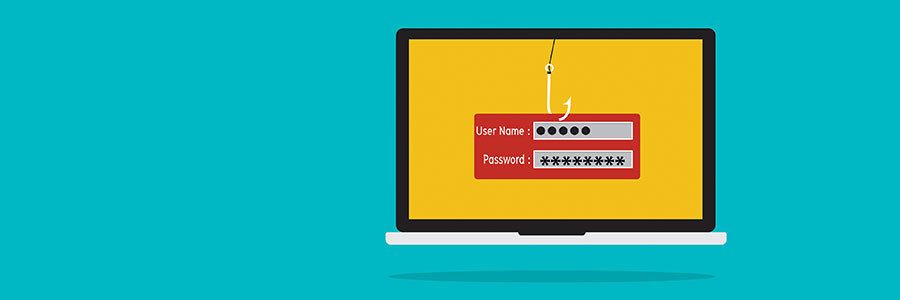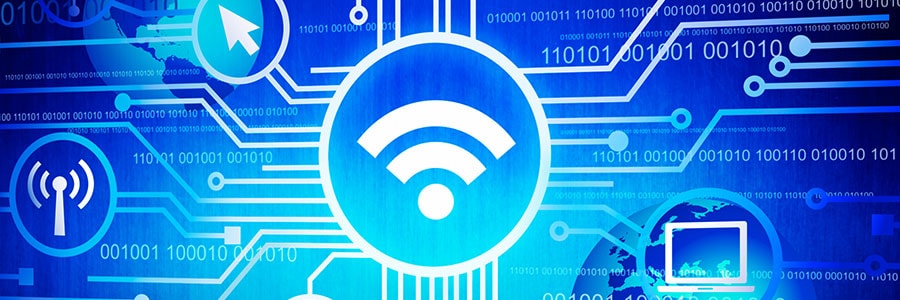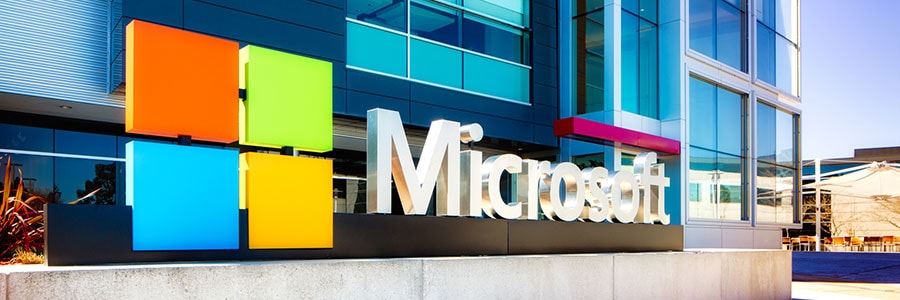There are a number of reasons you should be wary of saving your password to a digital platform. Just look at Yahoo’s data breach in 2013, which leaked passwords for three billion people. Even when your password isn’t compromised, saving it to a browser could have serious implications for your privacy.
- Columbus: (614) 702-7700
- Cleveland: (216) 393-2484
- Akron/Canton: (330) 685-9100
Phishers use encrypted sites to scam
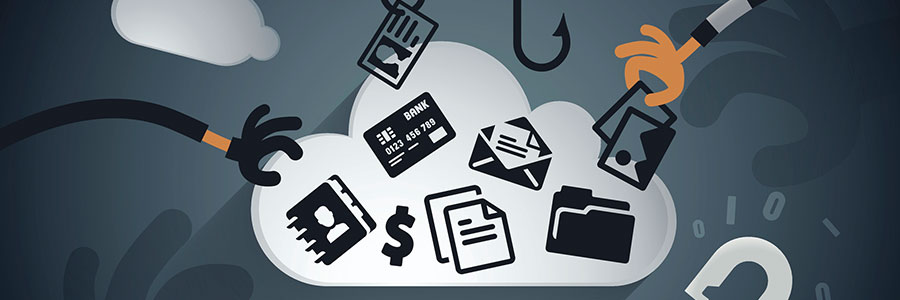
Just when you thought cyber criminals couldn’t get smarter, along comes a new scamming technique. Previously used for safeguarding browsing activity, encryption tools are now used by hackers in carrying out phishing scams. This means some fraudulent sites may have HTTPS on their address, giving users a false sense of security.
Cybersecurity Essentials: VPN
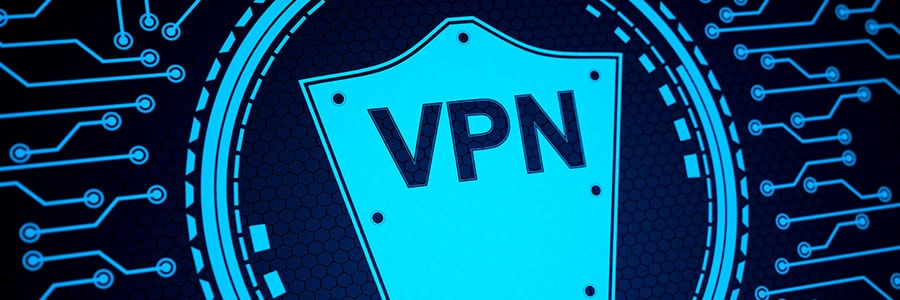
Whether it’s because of government surveillance or cyberattacks, internet users are more concerned than ever about the privacy of their online activities. Unfortunately, security measures like firewalls and antivirus software can’t help you in this case, but there’s one that can: Virtual Private Network (VPN).
What is VPN?
Simply put, a VPN is a group of servers you connect to via the internet.
Google studies effects of leaked logins
KRACK hacks: What you need to know
Re-secure your passwords!
What you can learn from Equifax’s leak
New phishing scam targets Office 365 users
New Locky ransomware: what you need to know
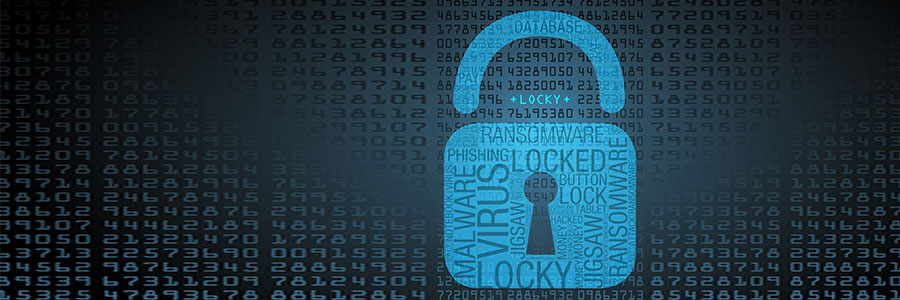
In 2016, the Locky ransomware infected millions of users with a Microsoft Word file. It was eventually contained, and cyber security firms have since created protections to detect and block previous Locky variants. However, a similar malware is currently spreading worldwide and has so far infected tens of thousands of computers.
Black and white: Not all hackers are bad

When a cyber security researcher stopped the spread of WannaCry, the headlines praised him as a savior. But just a few short months later he was in handcuffs for allegedly creating a piece of malware that steals banking information. Even if he is innocent, it’s important to understand the difference between white hat, black hat and even gray hat hackers.


